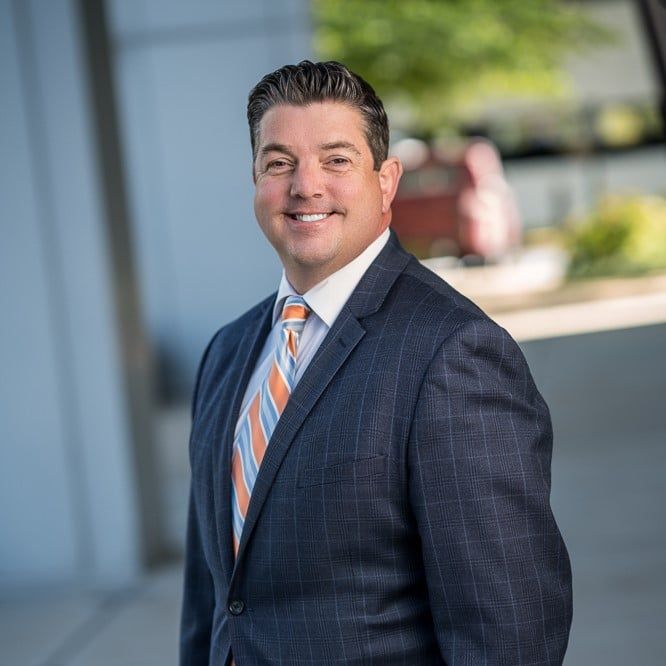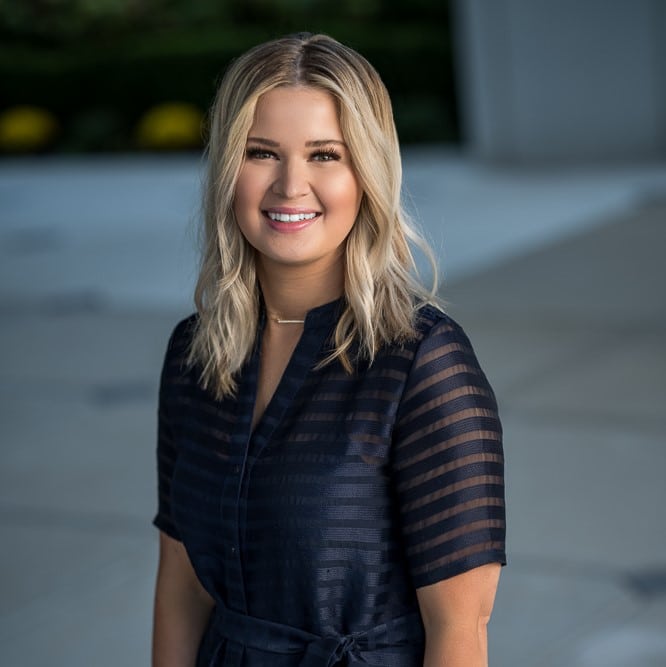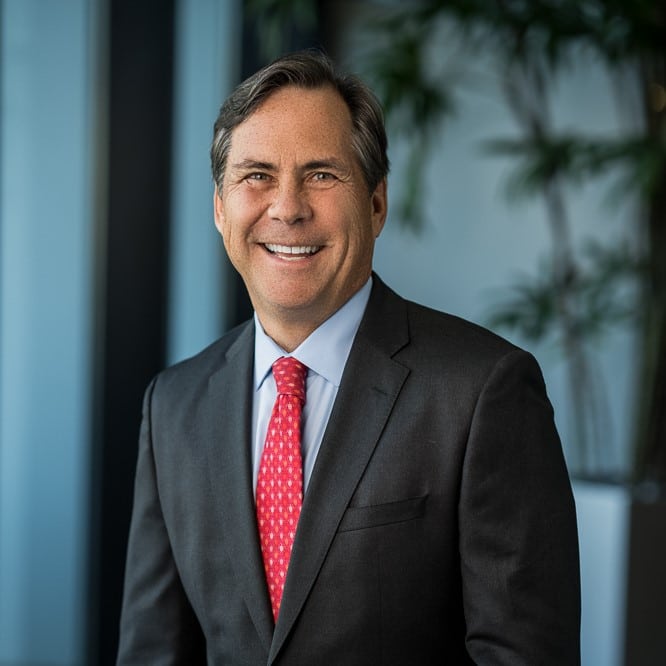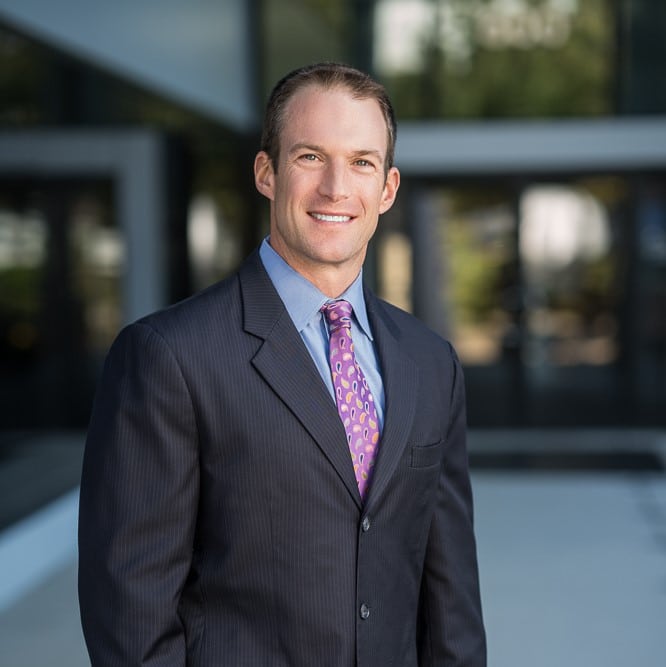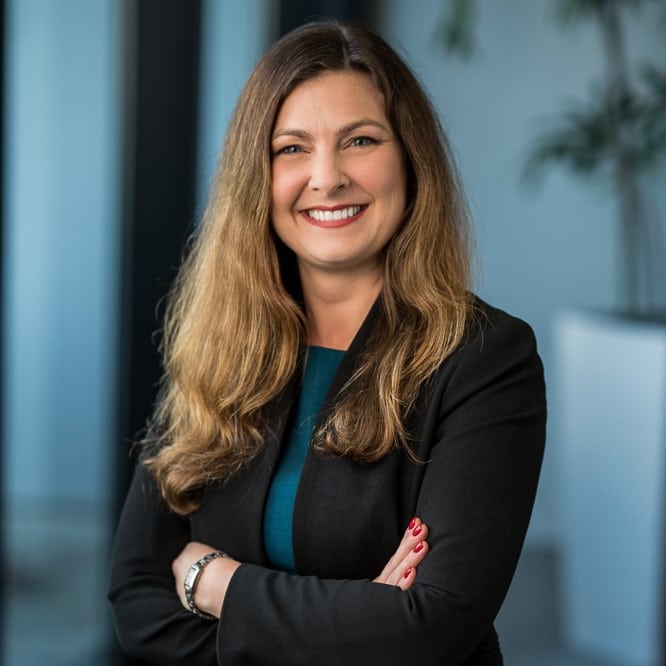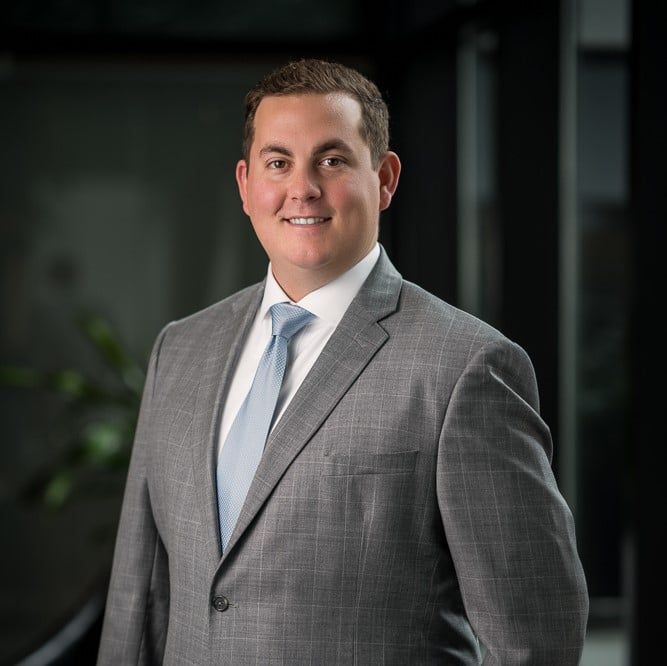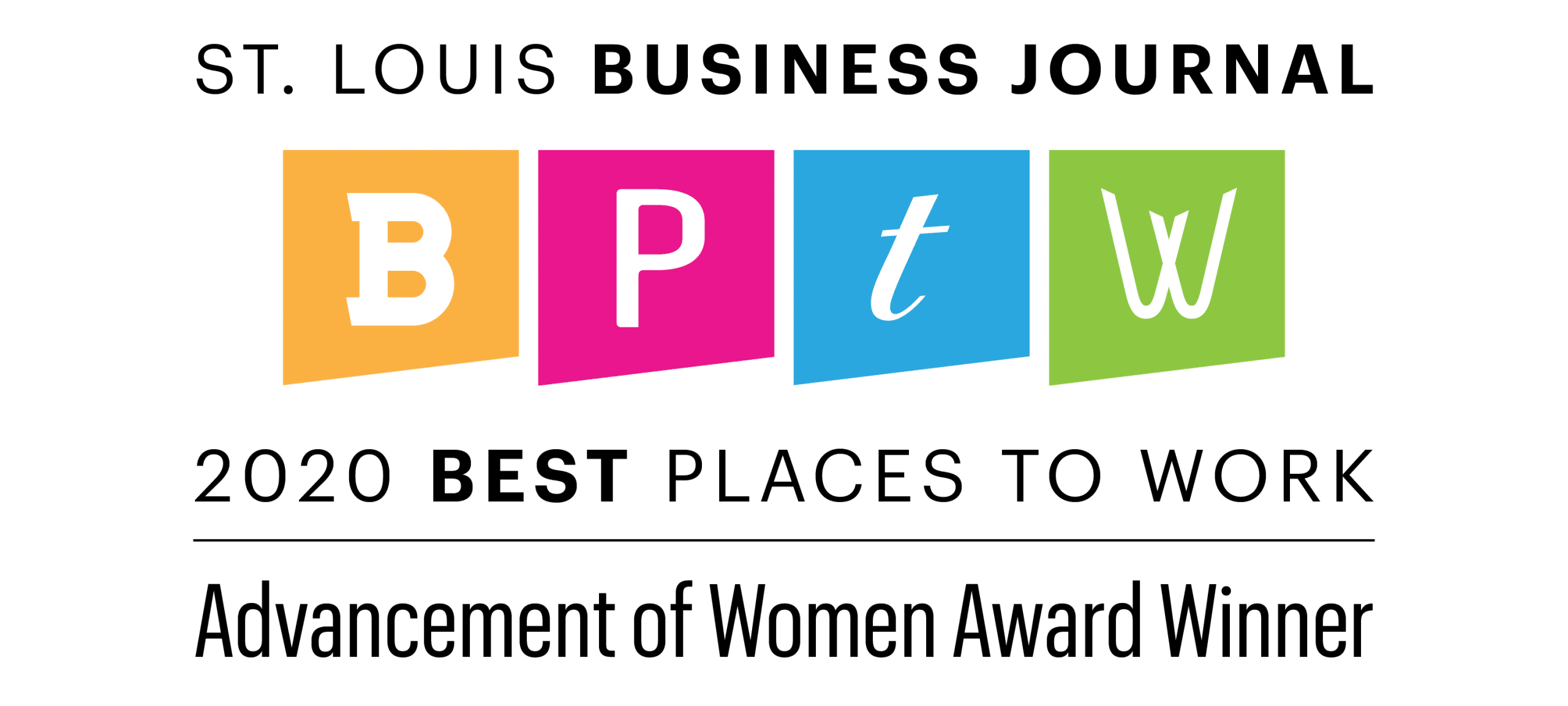Today, like no other time in history, there are more ways to communicate than ever. Texting, E-mail, Messenger, Snapchat, and Twitter, are just a few options on the ever-growing list of ways to connect.
While these methods of communication accomplish the basic communication requirements, they all lack the interpersonal connection that is sometimes needed in the relationship. Good old-fashioned face-to-face interaction allows the parties to focus on each other without the technology distraction. Let’s face it: there are certain encounters that require a mandatory close-proximity environment. Some of these conversations are the hardest ones we have, but they’re also the most necessary.
“The Talk”
A gentleman I know once told me that when he was forty-five, he and his older brother were summoned to their parents’ house for “the talk.”
No, not that talk.
It was the other talk that all parents should have with their children: the eventual “end-of-life” talk. By the time the three-hour conversation was over, each brother was aware of the name and telephone number of their parents’ financial planner, location of important financial and estate planning documents (e.g. wills, trusts, durable powers of attorney, etc…), the future estate executor, advanced directives on life and health needs, burial wishes and costs, and a division of money and assets.
The Mistake Boomers Make: “The Talk” Never Happens
Unfortunately for the majority of Baby Boomers, this talk never happens. It’s understandable that people don’t want to think about their parents’ passing, but it is an inevitable part of life. And with so many questions that require answers, the search for those answers becomes infinitely more difficult during a time of emotional hardship – the exact time you don’t want to have the talk.
But the talk is of utmost importance. Think about this: within the next 30-40 years, over $30 trillion dollars will transfer hands from Baby Boomer parents to their Gen-X kids1. That’s trillion with a “t.” The safe bet is that most of these adult children have absolutely no understanding of their parents’ specific financial choices and wishes. It is important that they know and understand the financial plans already in place:
- Do the parents have IRAs, and what are the financial implications of how these IRA’s are set up? Depending upon the number of beneficiary children and those children’s respective incomes, there may be a heavier tax burden.
- What is the cost basis and resulting tax consequence of stocks within the portfolio?
- Is there real estate in the portfolio that needs to be in a trust, maintained or sold?
- Who has all of this information, and to whom should the children turn when the time comes?
- Is there a family owned business that may need to be sold or divided?
- Is there a charitable component to give while living or after passing?
- And of course will future tax laws change and or prohibit the transfer of assets to happen accordingly?
And the Boomers, themselves, should understand the needs, desires, and decisions that are going to be best for their adult children and other heirs:
- Are there different plans and sets of guidelines for each child?
- Is one child better suited to assist in money management, while another may be better at helping with healthcare needs?
- Is higher education for their grandchildren the goal, thus necessitating the creation of educational trusts or funding a 529 to ease the potential burden of student loans?
- Is purchasing an insurance policy the best way to pay off the future tax liabilities encumbered from estate tax?
Have “The Talk” and Have a Plan
In short, you need a plan… a roadmap that guides you through your journey. A specific living plan monitored for efficiencies and the creation of an investment strategy that funds the plan successfully and this is where we come in. All of us at Krilogy are here to walk with you because we know that this particular journey is rarely easy and often uncomfortable. We search for what you are passionate about, what is important to you, what your goals are, and how we can incorporate them into your plan.
We’re happy to facilitate the first meetings between family members, and we’re able to ask the direct questions that need to be asked, taking that burden away from you. Asking is important: it’s often the only way to find the answers that will benefit everyone. We can even help facilitate interaction with other financial advisors of your family members.
We have seen the good and the bad, and we have learned that having everyone on the same page will inevitably make life so much easier for all involved. This ounce of prevention just might be one of the single most important steps you can take before the end of the journey comes near.
1According to a 2015 study by Accenture titled “The ‘Greater’ Wealth Transfer”

